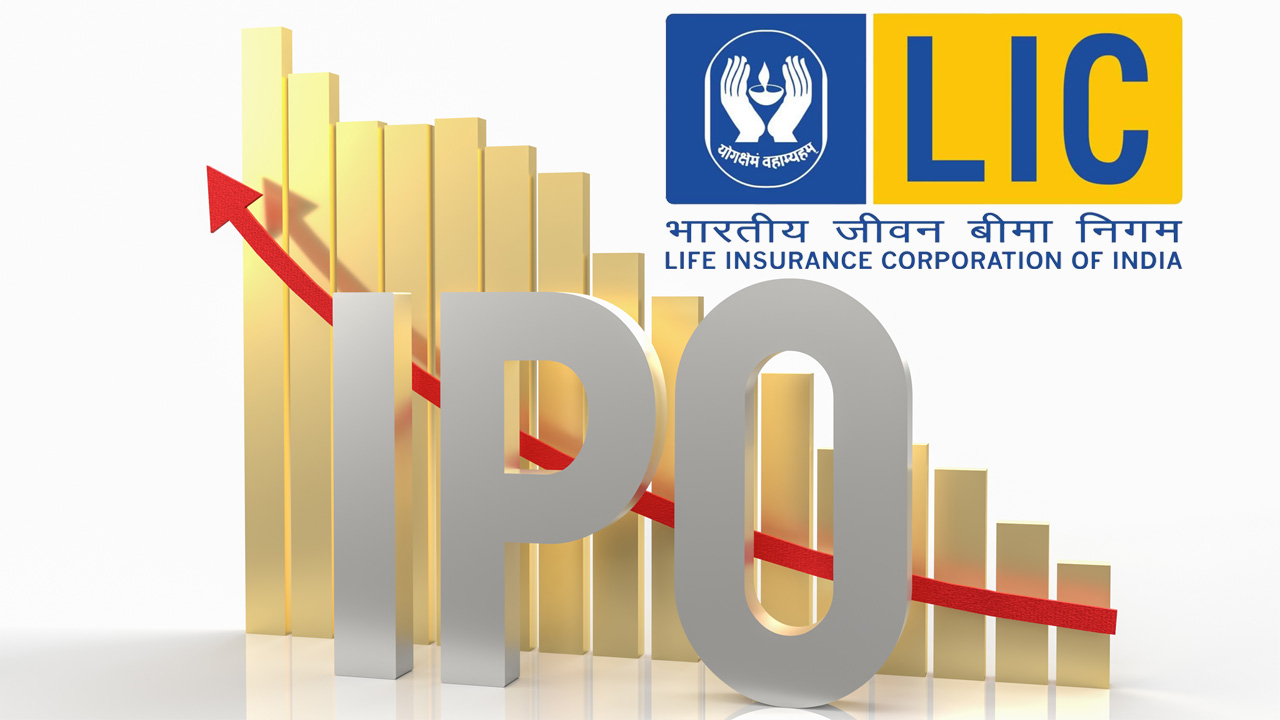A study that has been put together by experts from the American College of Cardiology has shown that people who use marijuana daily are at a greater risk of coronary artery disease (CAD) which is the top cause of heart attack in the United States as compared to people who have never consumed the drug. The authors of the study have said that those who are self-acknowledged as regular cannabis users have been found to be at a 34 percent increased risk of being diagnosed with coronary artery disease (CAD) as compared to people who did not have a history of cannabis usage.
Experts from the US Centers for Disease Control and Prevention (CDC) have said that coronary artery disease (CAD) is the most standard type of heart disease. It is identified by cholesterol accumulation on the walls of the arteries that stream blood to the heart. Experts have said that although some people deal with warning symptoms of coronary artery disease (CAD) such as chest pain or shortness of breath, the disease can lead to a heart attack apparently out of nowhere among some high-risk people.
The lead author of the study, Ishan Paranjpe, who is a resident general physician from Stanford University has said that there appears to be a dose-response association in that more frequent marijuana usage is linked to a greater risk of coronary artery disease (CAD).
In the United States, cannabis has now been legalized for recreational or medicinal use in 38 states. However, the authors of the study have said that they are still studying about the possible consequences of long-term use of cannabis. The lead author Ishan Paranjpe and his team have used data gathered by the National Institutes of Health’s All of Us Research Program.
The National Institutes of Health’s All of US Research Program studied the health and behaviors of 175,000 people in the US, to identify the latest link between heart health and cannabis usage. The authors of the study have considered how often participants have testified about using marijuana and ruled out other risk dynamics for coronary artery disease (CAD) such as high levels of cholesterol, high blood pressure or hypertension, and type 2 diabetes. After regulating age and sex, they have revealed that regular cannabis consumers have been found to be at an elevated risk of being diagnosed with heart disease.
The authors of the study have also looked at the risk linked to cannabis use disorder that is demarcated by the sustained and recurrent use of cannabis despite psychological, physical, or social issues. Subsequently, cannabis use condition has been assessed earlier as well, and the researchers have been able to utilize formerly found gene disparities linked to the disorder in their study. That data has assisted them to determine that cannabis use condition is linked to a rise in the risk of heart disease.
The study has shown that people who smoke weed once a month or less are not at a higher risk of heart disease. The authors of the study have said that people who have been using weed only once a month or fewer have no major risk of heart disease linked to their cannabis intake.
The study has not distinguished between smoking cannabis and other forms of cannabis intake such as consuming edibles. The authors of the study have noted that the outcomes of similar studies have been assorted. One study that has been done in the United Kingdom in 2022 revealed that people who smoked marijuana more than once each month were at a greater risk of having their first heart attack before 50 years of age as compared to less frequent cannabis users and non-smokers.
The American Heart Association’s (AHA) official stand on cannabis use adds a warning that smoking or vaping any illegal substances such as cannabis products is linked to a risk of damage to the heart, lungs, and blood vessels as well. The lead author of the study Paranjpe has said that the team will publish the comprehensive findings of the study at the annual meeting of the American College of Cardiology in the first week of March 2023. At present, the team of experts has only released the preliminary outcomes of the study.
ABOUT AUTHOR

Barry is a lover of everything technology and finance (FinTech). Figuring out how the software works and creating content to shed more light on the value it offers users is his favorite pastime. When not evaluating apps or programs, he's busy trying out new healthy recipes, doing yoga, meditating, or taking nature walks with his little one.









